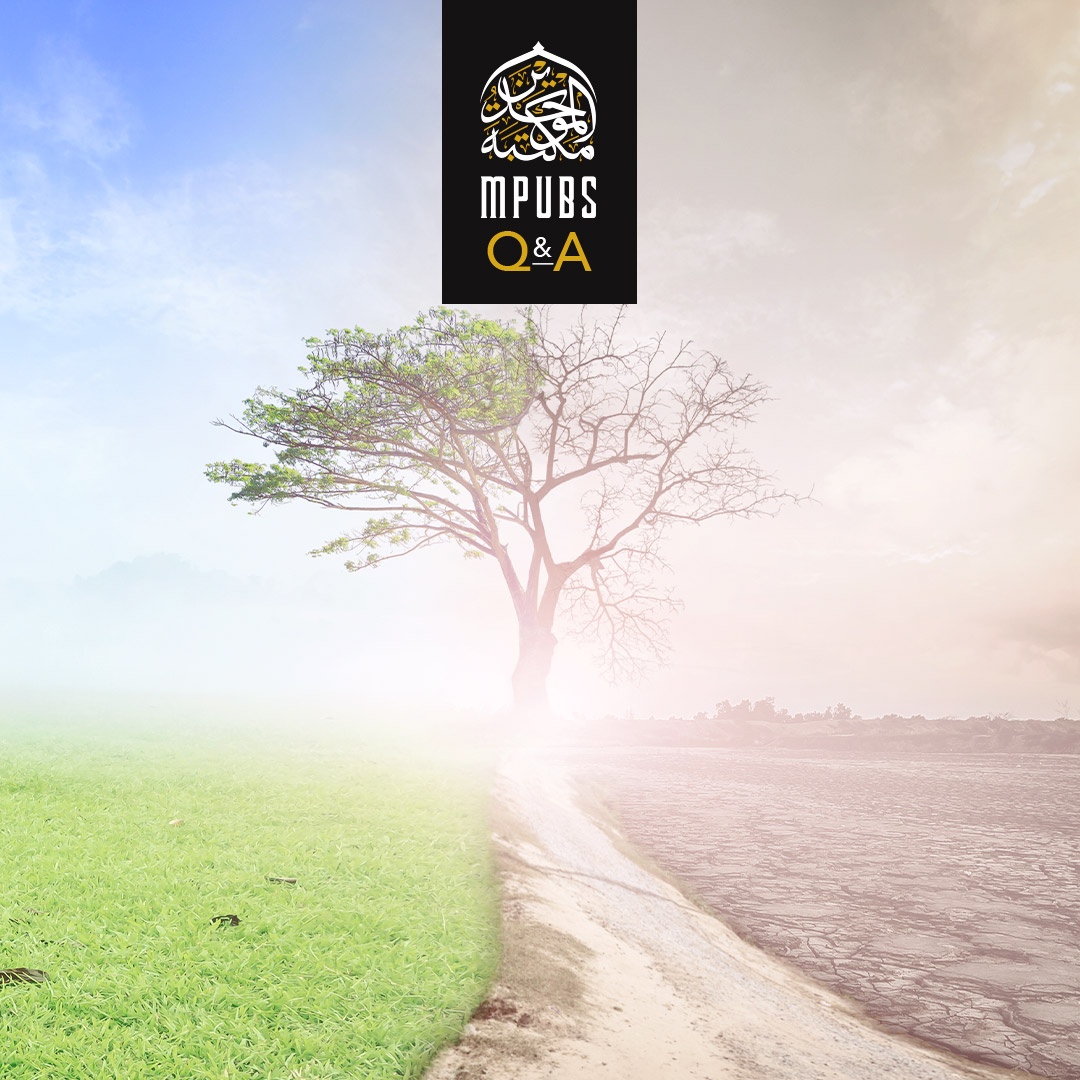Pivotal Quote
“So the people who match this description, who are doing good in Ramaḍān and go back to their old bad ways as soon as ʿEid comes, they need to check themselves. They need to go back and think about the reality of their Islām and the reality of their īmān, knowing that the Muslim is the one who worships Allāh in all times, not the one who worships Allāh if he feels like it and then goes to disobeying Him when he feels like that, because this is not ʿibādah“
سؤال وجواب – عربي – ٣:٣٢ دقائق
Question and Answer – English [3:46]
 Question:
Question:
What is your advice to the people who are doing the right thing during Ramaḍān, they are upon their acts of worship, performing their ṣalāh on time and reading the Qurʾān but after Ramaḍān they abandon all of these acts of worship as if they had never even started?
Answer:
These people are not worshipping Allāh. Their fasting could just be a habit, not an act of worship. The Muslim worships Allāh everywhere and every time. As Allāh says,
﴾وَٱعْبُدْ رَبَّكَ حَتَّىٰ يَأْتِيَكَ ٱلْيَقِينُ﴿
“And worship your Lord until there comes unto you the certainty (i.e. death).” [Sūrah al-Ḥijr 15:99]
So the person who worships Allāh in Ramaḍān and then after Ramaḍān he goes this way and that way, when he sees the people doing good, he does good and when he sees the people doing bad, he does bad, it is feared for this person that he is going to be punished.
It is not permissible to take acts of worship in turns like this. That a person does them when he wants and then leaves them when he does not want. Rather, Allāh (عز وجل) is to be worshipped all of the time. So a person is not to leave off their ṣalāh and their fasting when they are not in the mood, because the people who do that are not worshipping Allāh. They have not feared Allāh, as Ramaḍān was instituted for the purpose of. They are worshipping a period of time but not their Lord Who instituted the fast during that period of time. Their fast is not correct and it has not brought about the taqwá that fasting is meant to bring about.
Allāh says,
﴾يَٰٓأَيُّهَا ٱلَّذِينَ ءَامَنُوا۟ كُتِبَ عَلَيْكُمُ ٱلصِّيَامُ كَمَا كُتِبَ عَلَى ٱلَّذِينَ مِن قَبْلِكُمْ لَعَلَّكُمْ تَتَّقُونَ﴿
“O you who believe! Observing al-Sawm (the fasting) is prescribed for you as it was prescribed for those before you, that you may become al-Muttaqūn (the pious).” [Sūrah al-Baqarah 2:183]
This is the reason behind fasting: to achieve taqwá. So the person should be worshipping Allāh (عز وجل) at all times, not only in Ramaḍān. Worshipping Allāh (عز وجل) is what we were placed on this earth for. As Allāh says,
﴾وَمَا خَلَقْتُ ٱلْجِنَّ وَٱلْإِنسَ إِلَّا لِيَعْبُدُونِ﴿
“And I did not create the jinns and humans except to worship Me.” [Sūrah al-Dhāriyāt 51:56]
So the people who match this description, who are doing good in Ramaḍān and go back to their old bad ways as soon as ʿEid comes, they need to check themselves. They need to go back and think about the reality of their Islām and the reality of their īmān, knowing that the Muslim is the one who worships Allāh in all times, not the one who worships Allāh if he feels like it and then goes to disobeying Him when he feels like that, because this is not ʿibādah. This is following one’s whims and desires. So the person should turn back to Allāh and think about what he is doing.

